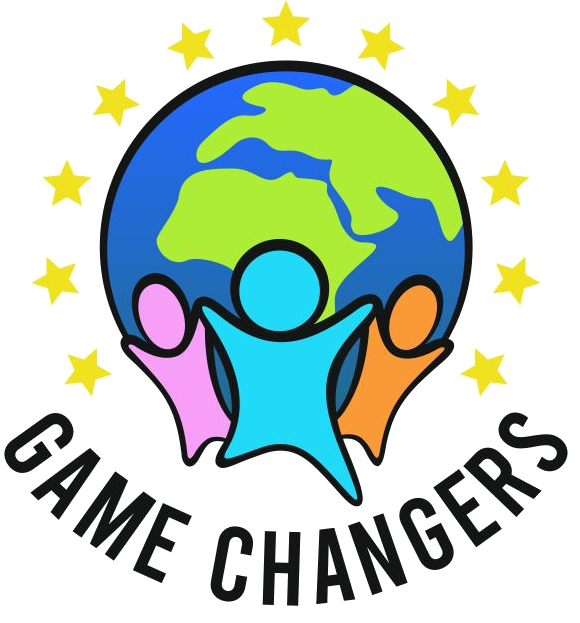Questionaire – first part
In our case we also used the Covid-19 pandemic situation as a point for discussion, reflection and sharing of reflections by the students: How COVID-19 changed students’ life? What are the main problems students have to deal with? Are students able to do anything about these problems? Etc. We have prepared a document with set of questions for students. And here is an excerpt from what the Greek students said.
Video interviews – second part
We asked students to make a video and express in it what they think and feel:
− What would you like to tell people and society?
− What do you feel? What do you like and dislike now?
− What advice would you give people?
− What can people do now to make and promote a positive change?
And here is one of the video examples, recorded by students. Some partners have extended activities to include vaccination and provided discussion abput it with students. In collaboration with community partner “Pasvalys Health Care and Vaccination Centre” created a funny video film teaching the importance of vaccination.
The game changer guide is a practical and highly visual guidance for schools and teachers wishing to explore innovative activities fostering interest and engagement in politics, democracy and European values among young students.
Study: how we can change the political game
We created a special guide for schools and teachers at the end of the project, based on the real-life experiences of teachers and students: STUDY OF THE REASONS FOR THE LACK OF INTEREST IN POLITICS AND DEMOCRACY AMONG THE YOUNG GENERATIONS (EN, LT).
This study with advice and scenarios is aimed at secondary school teachers interested in organizing initiatives to engage young people in politics and democracy based on their own interests, understanding, voices and 21st century culture. The study is based on real-life examples and research on practices, innovative methodologies and didactic techniques.
This document consists of two parts. The first part explains the need to organize initiatives related to the involvement of young students in politics and clarifies the role of schools in this aspect. The second part offers methodologies, guidance combined with key information about what the partners have produced in the project.
Policy paper: Europe, where are we going
The Game Changers policy paper is based on dialogues with the project’s students and teachers along the project and a questionnaire created at the end of the project to catch concrete testimonies: POLICY PAPER. EUROPA, WHERE ARE YOU GOING (EN, LT).
Key messages, unedited and authentic, from teachers and students are inserted. The document is based on the project activities reflection on why Europe is losing its young generations and to what extent the establishment is willing and able to allow the young generations to challenge things like ‘politics’, ‘democracy’ and ‘European values’. The policy paper is not a research paper and it doesn’t pretend to provide research results, as this is not the aim of an Erasmus+ project. Therefore, the language of the document is not academic, making its content accessible and attractive to very large audiences. In other words, the text contributes to an understanding of what further steps might be taken in the core field addressed. Thus, the text might inspire new European initiatives based on and going further than the project.
